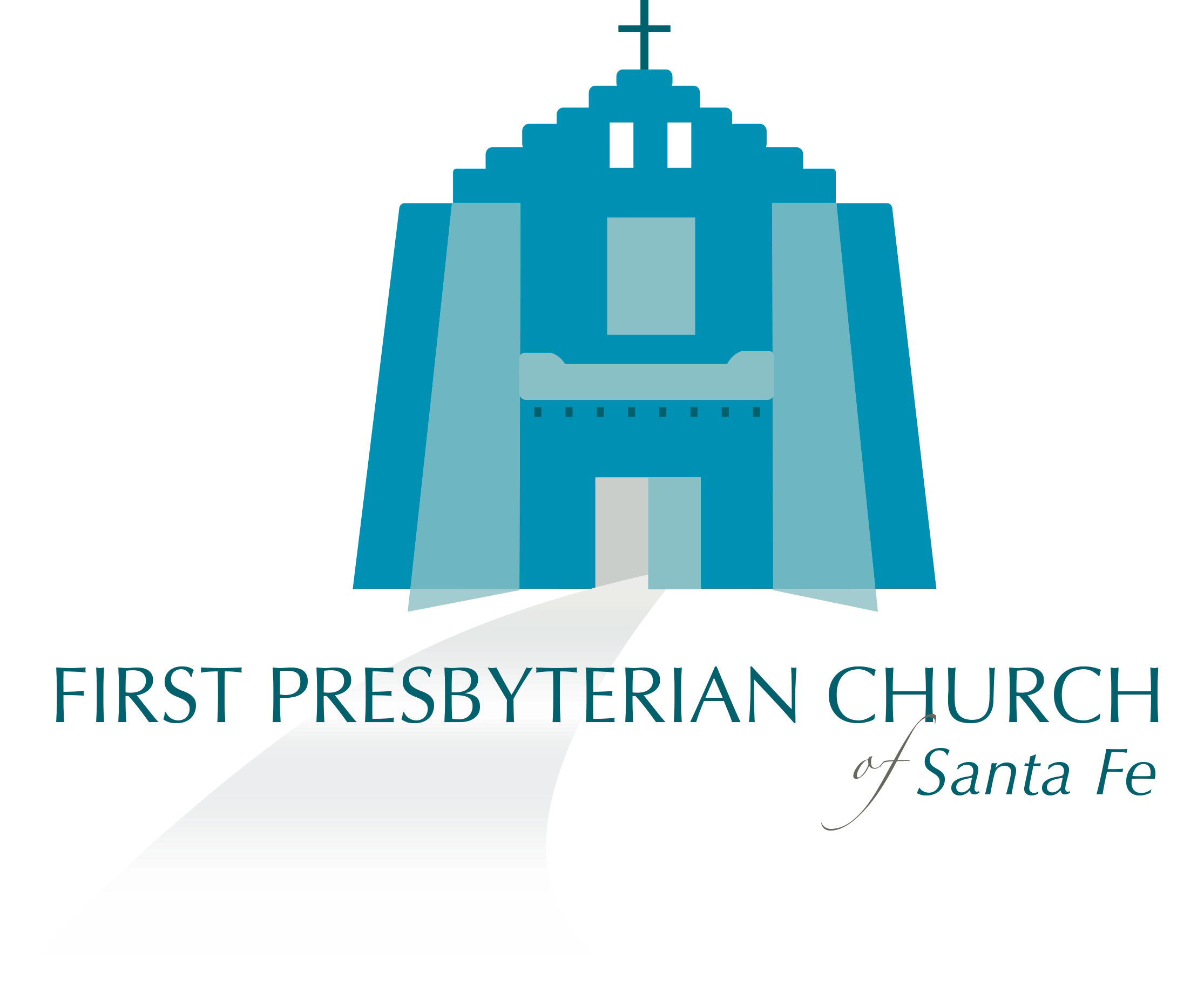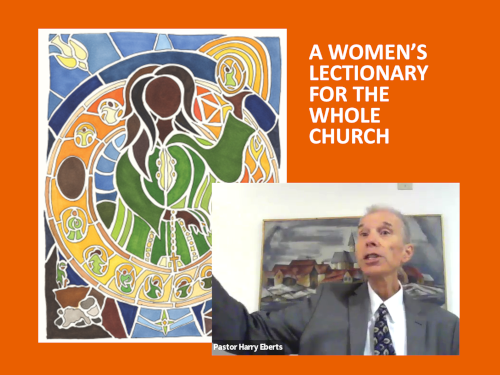What does it look like to tell the good news through the stories of women who are often on the margins of scripture? Watch the video of our Oct 16 adult ed when Pastor Harry introduces A Women’s Lectionary for the Whole Church by Wilda Gafney.
The Revised Common Lectionary, which is used by PC(USA), was originally published in 1994. It was a revision of the Common Lectionary (1983), which followed the 1974 COCU (Consultation on Church Union) lectionary, which was based on a 1969 lectionary produced by the Roman Catholic Church following the reforms of the Second Vatican Council 1962-1965.
Any questions?
There should be a lot of questions about this, including the use of lectionaries that try to cover the breadth and depth of scripture in a three-year cycle. To choose certain passages over others, by design, leaves much of the Bible unexplored if a lectionary is used exclusively. Imagine, too, that these lectionaries were developed mostly by white men and reflect the era in which they did their work.
This class will explore a new lectionary (2021) developed by Wilda C. Gafney, an African American woman Hebrew scholar and seminary professor. What stories have we missed? What do we learn about God through stories about women and those living on the margins? They are there, but we just never knew they were. What’s even more exciting is Gafney’s translation that doesn’t come from people of the dominant culture.
Pastor Harry will be basing his sermon selections this year on Gafney’s lectionary, A Women’s Lectionary for the Whole Church. It promises to open another world of scripture with fresh insights on what is God is calling us to be and do, right here and now.
The class on October 16th looks at the lectionary passage 2 Samuel 21:10-14 using Gafney’s translation.
This class continues our series on The Radical Christian Alternative, when we look to scripture for answers to today’s problems. Moving from the traditional androcentric, male-focused lectionary to a more expansive, more inclusive lectionary can provide us new answers. Read more about the series.

